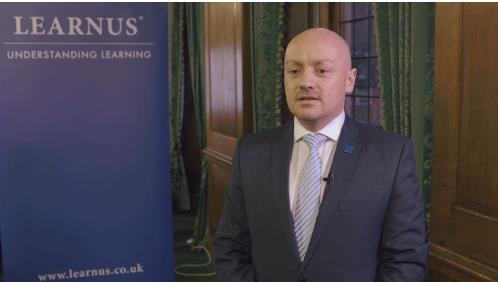Learnus working with schools
Kilgarth School
One of the aims of Learnus is to bring together researchers and teachers. Steve Baker the Executive Headteacher of Kilgarth School reports on a collaboration, established through Learnus, with Dr Alice Jones of Goldsmiths University London and a member of Learnus Council.
Kilgarth School on Merseyside is a non-denominational secondary school for fifty boys aged 11-16 who are experiencing social, emotional and mental health difficulties. The whole ethos of the school is based on care, responsibility and proactive behavioural management, where mutual respect is of prime importance.
“Here at Kilgarth we have been working with Dr Alice Jones of Goldsmiths University[and member of Learnus Council] to develop our behavioural modification and management systems. The systems are predicated upon the belief that sanctions do not work for the majority of our pupils and may militate against positive behaviour modification.
Evidence shows that pupils are more responsive to work on modifying poor choices when they feel a sense of well- being and are emotionally resilient. Punishment does not contribute to positive feelings of self. The anger that many pupils feel when sanctioned is often transferred and used to ‘justify’ the original misdemeanour or fuels feelings of negativity about any victims of the behaviour. Such pupils are less likely to analyse their behavioural choices and develop new strategies to cope with challenging situations.
Our approach to behavioural modification will be based on three main components:
•
An effective reward system based on short, medium and long term rewards, a reduced behaviour monitoring period and an emphasis on positive reinforcement
•
Curriculum modification to enhance teaching of social skills, social problem solving skills and emotional regulation
•
Intervention to ensure that post event learning opportunities are fully utilised
There is no use of sanctions and staff do not use language that can be associated with punitive approaches. All of our interactions with pupils are positive, avoid confrontation and promote de-escalation.”
